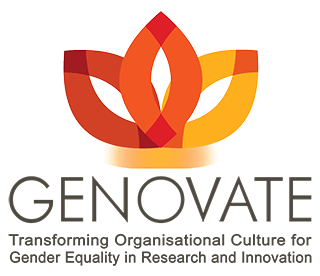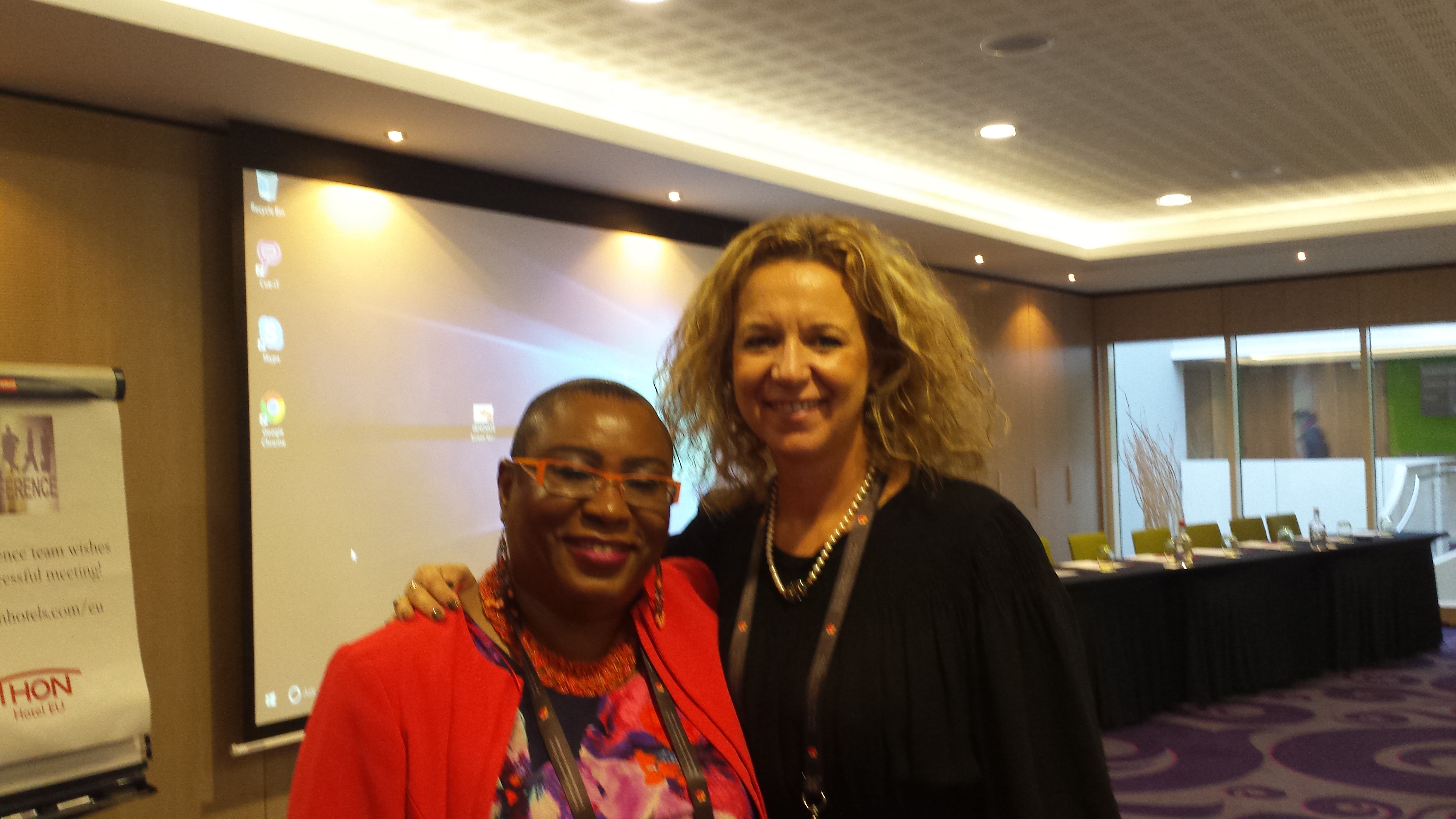Genovate international conference

Brussels, 3-4 November 2016
Plotina was present at the Genovate final Conference with three people: Plotina Coordinator Prof. Tullia Gallina Toschi, Susi Poli as member of the Audit Team, of Bologna University and Maria Mantini Satta of Centro Studi Progetto Donna e Diversity Mgmt.
The Genovate project sub title Transforming Organizational Culture for Gender Equality in Research and Innovation tells us that its core areas of intervention were the same as those of Plotina’s and in fact it was quite interesting for Plotina delegates.
It is not easy to report the many interesting results, methodologies and guidelines that the Genovate Consortium (coordinated by Bradford University with 6 EU partners) has produced and presented.
Here a few notes from project Deliverable 7.1 about GEPs evaluation (Gender Equality Action Plans). [1] The document synthesises the main ideas and steps to consider while evaluating GEAPs that require an evaluation from a gender perspective and the evaluation of gender change.
As a Gender Equality Action Plan is more than a mere commitment to gender equality but it is a set of goals and targets operationalised in a series of measures and specific actions, it is important to make the process systematic and able to ensure credible results, conclusions and recommendations.
Here the 6 steps suggested when carrying out the GEAP evaluation:
– Delimitate the GEAP: Identify the logic of the plan, the processes necessary to implement it and its main structural elements.
– Engage stakeholders: Engage potential stakeholders in the evaluation plan in order to generate more useful knowledge and promote ownership of the evaluation. Promoting ownership makes it far more probable that the evaluation results will be utilised.
– Develop questions: Identify what evaluation questions should be answered, taking into account the features of the plan and the information needs of the stakeholders involved.
– Create an evaluation strategy: Once the evaluation questions have been identified, a strategy for gathering data should follow.
– Analyse data: The data and information gathered should be analysed according to the evaluation questions and the purpose of the evaluation.
– Seek and communicate new understanding: A good evaluation should ensure learning throughout the process on how the plan worked. It should offer recommendations on how to improve practice in future plans. In addition, it must ensure that the main results and recommendations are disseminated to stakeholders in order to promote their use in decision-making process, as well as to boost accountability.
Many other suggestions can be found in Genovate web site.
[1] From: Genovate, Deliverable 7.1 Guidelines for Evaluating Gender Equality Action Plans [GEAPs], in www.genovate.eu

prof. Tullia Gallina Toschi, Coordinator of Plotina Project and prof. Uduak Archibong Coordinator of Genovate project.


Comments are closed.